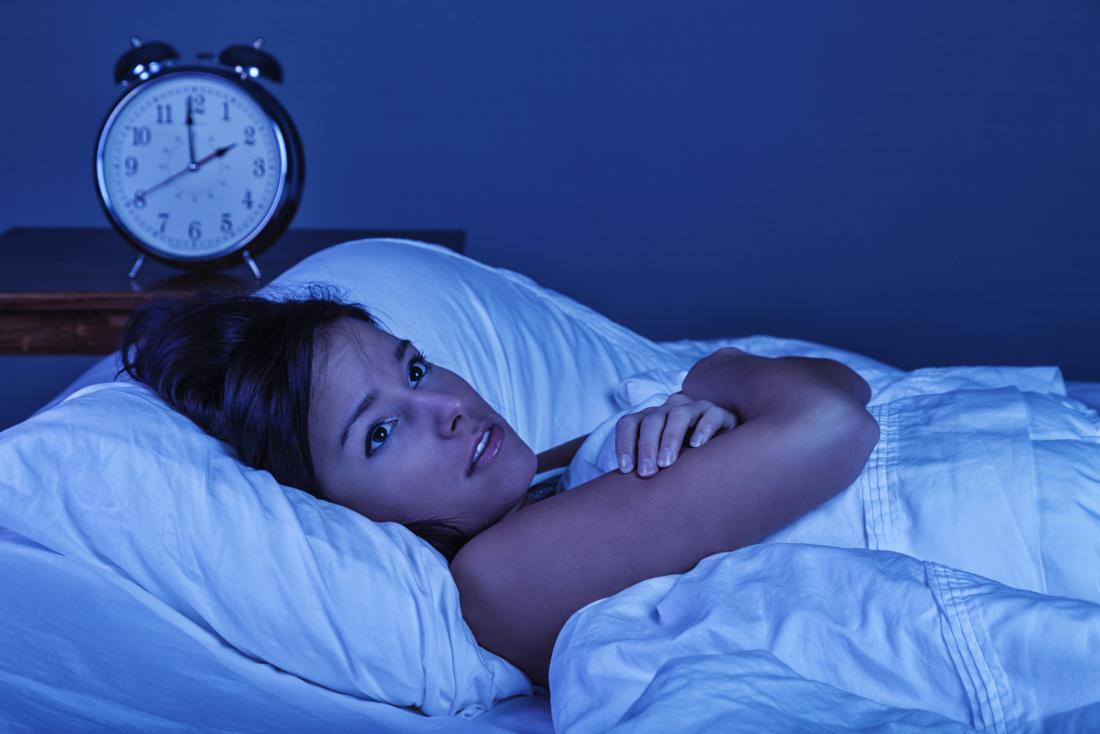
1. Insomnia is a common sleep disorder: Insomnia is a sleep disorder characterized by difficulty falling asleep, staying asleep, or experiencing non-restorative sleep. It is a prevalent condition that affects a significant portion of the population at some point in their lives.
2. Insomnia can have various causes: Insomnia can arise from a variety of factors, including stress, anxiety, depression, medical conditions, medications, lifestyle choices, and poor sleep habits. Identifying and addressing the underlying causes can be crucial in managing and treating insomnia effectively.
3. Good sleep hygiene is important: Practicing good sleep hygiene can significantly improve sleep quality. This includes maintaining a consistent sleep schedule, creating a comfortable sleep environment, avoiding stimulating activities before bedtime (such as screen time), and promoting relaxation techniques, such as meditation or deep breathing exercises.
4. Cognitive-behavioral therapy for insomnia (CBT-I): CBT-I is a type of therapy specifically designed to treat insomnia. It focuses on identifying and modifying negative thoughts and behaviors that contribute to sleep difficulties. CBT-I can help individuals develop healthier sleep habits, reduce anxiety around sleep, and improve overall sleep quality.
5. Medications can be prescribed when necessary: In some cases, medications may be prescribed to help manage insomnia symptoms. These medications may include sedative-hypnotics or medications that promote sleep. However, it's important to consult with a healthcare professional before starting any medication, as they can have potential side effects and should be used under medical supervision.
6. Addressing underlying mental health conditions: Insomnia can be a symptom of underlying mental health conditions, such as anxiety or depression. Treating the underlying condition with therapy, medication, or a combination of both can often help alleviate insomnia symptoms.
7. Lifestyle changes can improve sleep: Certain lifestyle changes can promote better sleep. Regular exercise, avoiding caffeine and alcohol close to bedtime, and creating a relaxing bedtime routine can all contribute to improved sleep quality. It's important to establish healthy habits and a conducive sleep environment.
8. Stress management is essential: Stress and anxiety can significantly impact sleep. Learning and practicing stress management techniques, such as relaxation exercises, mindfulness, and stress reduction strategies, can help reduce the impact of stress on sleep.
9. Avoiding excessive napping: Excessive daytime napping can disrupt nighttime sleep. Limiting daytime naps and ensuring they are short and not too close to bedtime can help regulate the sleep-wake cycle.
10. Seeking professional help: If insomnia persists despite attempts at self-help strategies, it is important to seek professional help from a psychiatrist or sleep specialist. They can provide a comprehensive evaluation, diagnose any underlying conditions, and recommend appropriate treatment options.
Remember, these points are for informational purposes and are not a substitute for professional medical advice. If you are experiencing insomnia, it's important to consult a qualified healthcare professional for an accurate diagnosis and personalized treatment plan.

